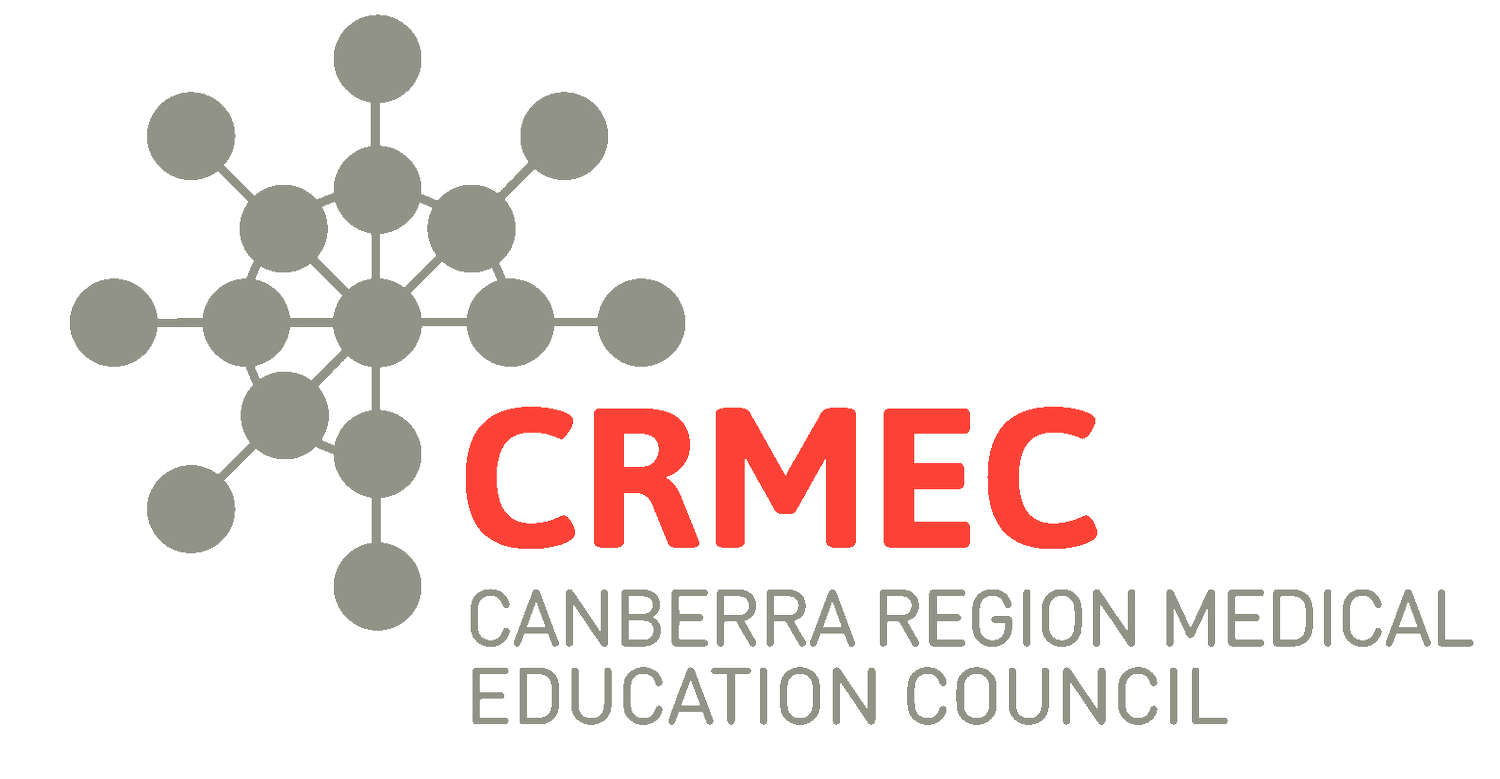JMO Wellbeing
Your prevocational training years will be some of the most stressful years of your medical career. Many junior doctors feel they are thrown in the deep end. Extra responsibilities, long work hours, stressful workplace cultures and feeling like everything you learned in medical school has been forgotten is something almost all prevocational junior doctors experience. Looking after yourself is number one before you can offer quality support and health care to your patients, and before you can productively learn both your new job and a heap of new medicine.
You are not alone in this journey. You have supervisors, managers, educators, near-peers and other junior doctors who are there to support you, talk about mutual struggles and look out for each other. However, finding the right support at the right time is not always easy. Looking after your physical and mental health is number one. Acknowledging you need support or guidance and seeking out the right resources is a part of your professional and personal responsibility.
Some Helpful Wellbeing Resources
Positive Workplace Culture for JMOs
Developed by junior doctors for junior doctors, the Canberra Region Medical Education Council resource Positive workplace culture for JMOs provides self-care tips.
Cultural Wellbeing in Healthcare Standards
Developed by the CRMEC, the Cultural Wellbeing in Healthcare Standards resource supports the Australian Government’s commitment to Close the Gap and to eliminate racism from healthcare.
TEN – The Essential for Health Professionals
TEN – The Essential for Health Professionals is an e-health hub that provides evidence-based resources, peer support, self-guided mental health check and a burnout program.
Positive Workplace Culture for Registrars
Developed by registrars for registrars, for the Canberra Region Medical Education Council, Positive workplace culture for registrars provides self-care tips.
Drs4Drs ACT
Drs4Drs ACT is a free and confidential medical service that provides sensitive and non-judgemental health and wellbeing support for doctors and medical students.
Hot Debrief and Critical Incident Guides
The Australian and New Zealand College of Anaesthetists (ANZCA) have developed useful guides for performing hot debriefs and responding to critical incidents.
Mandatory Notification Requirements
The Australian Health Practitioner Regulation Agency (AHPRA) and National Boards have published resources as part of their work to support practitioners and the public who engage as part of a notifications process. More information is accessible through AHPRA.
AHPRA information sheet on changes to mandatory notification

